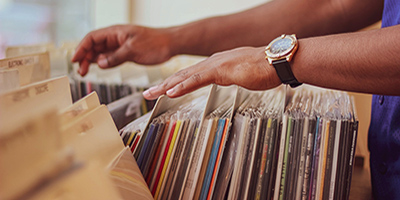Recording Data and Rights
The texts of the Recording Data and Rights (RDR) standards with detailed explanations and advise about how to go about an implementation is available on the knowledge base.
The RDR standards enable the communication of metadata about sound recordings, music videos and performers, and sales and usage data related to the use of the rights in those sound recordings, music videos or performances. The standards’ messages are usually exchanged between record companies, performer representatives and music licensing companies. The collective term, music licensing companies, is applied to collective rights management organisations that represent rights for sound recordings and/or for performers.
The exchange of data between music licensing companies and record companies, performers or their representatives is needed to provide repertoire information to the music licensing companies and for them to send revenue information back to reflect royalties being paid to the record companies and performers. The Recording Data and Rights Notification (RDR-N) standard enables the exchange of metadata about sound recordings, music videos, the identity of the contributors to those sound recordings and music videos and the rights claims in those sound recordings and music videos between record companies, performer representatives and music licensing companies. The Recording Data and Rights Revenue (RDR-R) standard enables the exchange of information about revenues generated from the usage of sound recordings or music videos and the performances they contain. Finally, the Recording Data and Rights Choreography (RDR-C) standard sets out the protocol by which RDR-N or RDR-R messages are exchanged.
A slide presentation overview of the RDR standards is available here.
You do not have to be a member of DDEX to implement the standards. Anyone can implement any of them once they have taken out a DDEX Implementation Licence. Information about the Licence is available here and the application form is available here.










